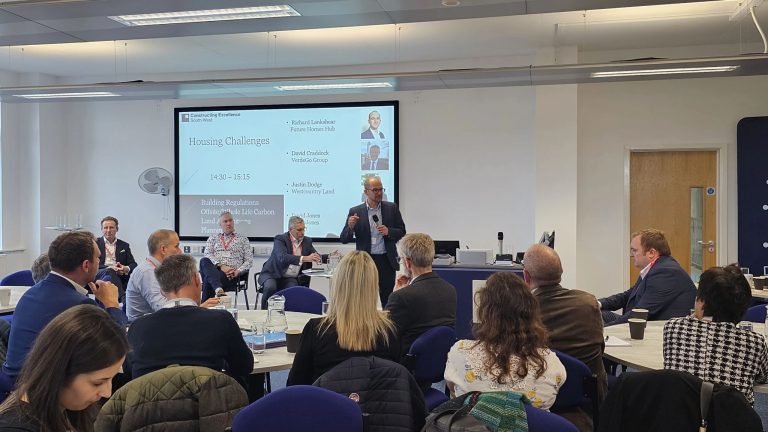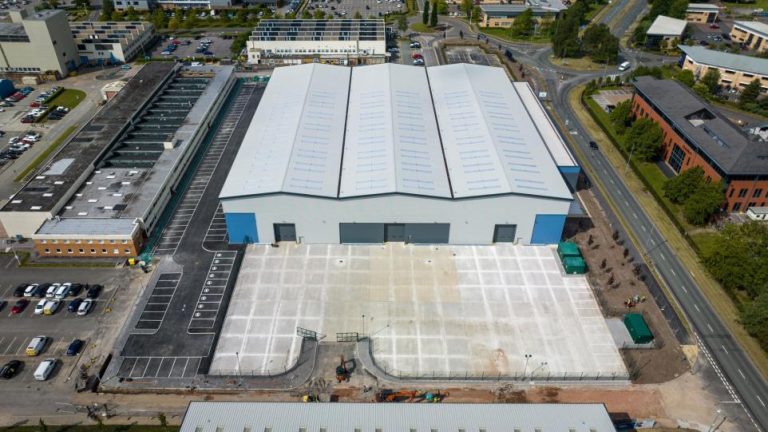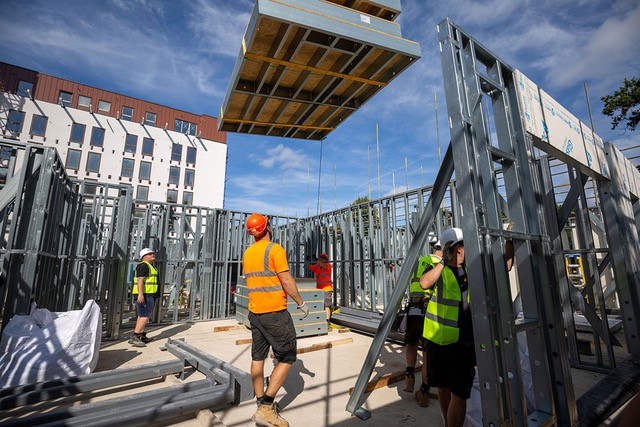January 2024, London: The speaker programme at Workspace Design Show (27 -28 February 2024, Business Design Centre, London) has been an integral part since the event’s inception in 2021and this year is no exception with over 120 speakers featuring across four key elements of discourse. The Workspace Design Talks programme, which will take place in a dedicated space, the Design Talks Lounge, designed by global design and architecture firm Gensler, will feature inspiring sessions from leading industry professionals over the event’s two days. Speakers include Helen Berresford, Head of ID:SR, Sheppard Robson; Alan Bainbridge, Director of BBC Workplace; Naomi Sakamoto, Principal, Gensler; Matt Jackson, CEO, BDG architecture + design and Grant Kanik, Partner, Foster + Partners. The latter will be speaking as part of a panel entitled ‘Insights and perspectives on the convergent future of workplace’ which also features panellists Yasmin Al-Ani Spence, Director, WilkinsonEyre and Nicola Gillen, EMEA Lead, Total Workplace, Cushman and Wakefield, chaired by workplace design journalist and author Helen Parton. Sustainability Works returns for 2024 and is held on 27 February, once again bringing together a selection of key figures behind the workplace market’s leading sustainable initiatives and projects. Curated by Mick Jordan, Editor of Works magazine confirmed speakers include Golnaz Ighany, Sustainability Director, BDP; Gurvinder Khurana, Director, M Moser; Pernille Bonser, CEO, Resonate Interiors and Mario Viera, Head of Sustainability, Scott Brownrigg. The Occupiers Forum, held on 28 February, is the complete ‘The View from HQ’. Located in the Insights Lounge, it willprovide unique insights into what employers are doing to create an engaging workplace experience. The Forum’s speakers include Steve Wright, Director of Workplace Design & Change Management, GSK; Sarah Murdoch, Corporate Real Estate Director, Visa; Sue Glew, Programme Director, The Better Workplace Programme, BT and Kate Smith, Executive Director, Occupier Consulting UK, CBRE. Both the Sustainability Works session and the Occupiers Forum will be held in the Insights Lounge designed by BDP. Also returning for this year across both days of Workspace Design Show is the FIS Conference, a crucial in-person gathering for the not-for-profit representative body of the finishes and interiors sector in the UK. Sessions held on both 27 & 28 February will provide a platform for the latest industry thinking, supporting the organisation’s aims of improving safety, minimising risk, enhancing productivity, and driving innovation in the sector. The conference will include professional insight from the likes of Chris Webb, Head of Sustainability, tp bennett; Helen Gawor, Group Director of Strategy & Innovation, ISG; Vidhi Sharma, Creative Director, Modus Workspace and Ana Rita Martins, Sustainability Lead, MCM. Once again, Workspace Design Show will gather together leading architects, designers, real estate professionals, tenants and other industry experts to exchange their insights around the world of workplace design. Online registration is free for all visitors, and includes access to all four conferences, show features and the networking party. Register now to attend Workspace Design Show. Building, Design & Construction Magazine | The Choice of Industry Professionals














